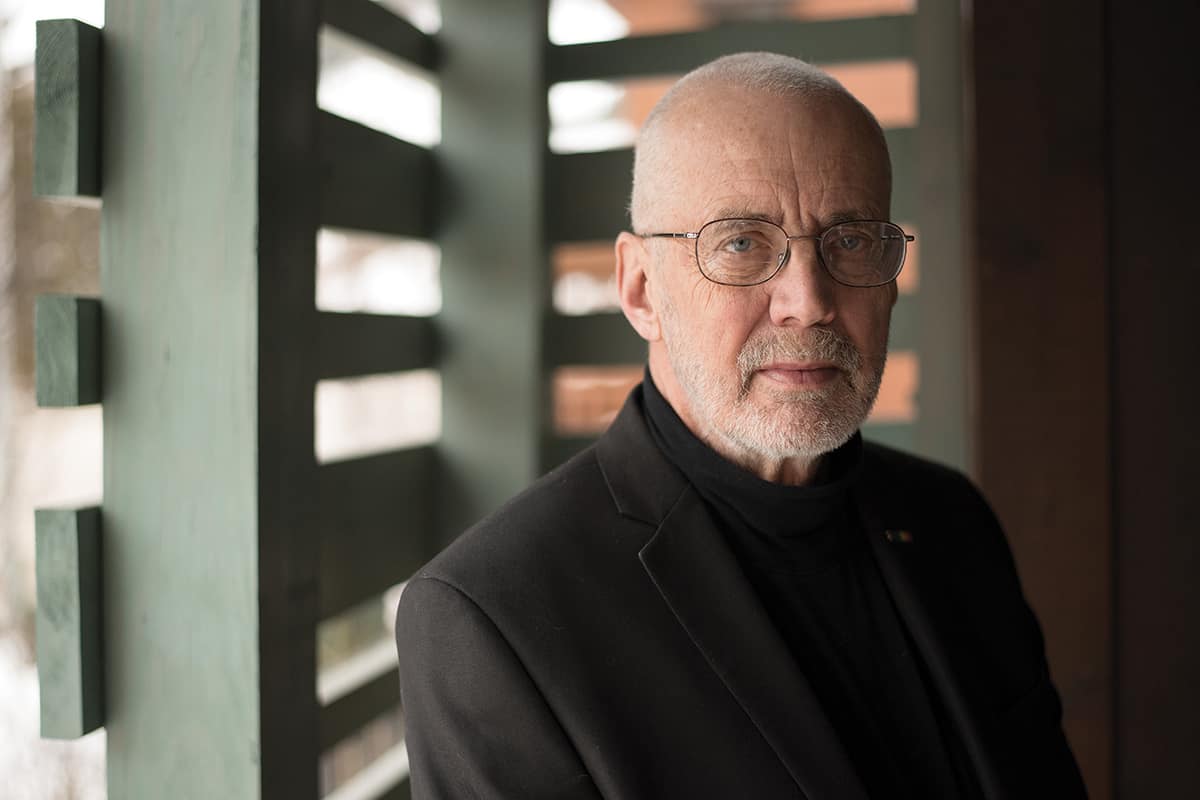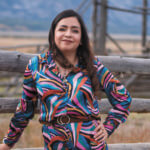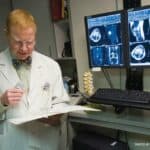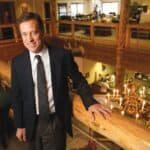Read The
Current Issue
Mark Houser

Mark Houser came to Jackson Hole at the invitation of a cousin who managed a rafting company. “With my background in Wisconsin growing up around canoes, it wasn’t a great leap,” Houser says. “I was right out of college and being a raft guide here seemed like a great way to transition to the next step.” That was the summer of 1976. Today, Houser is a case manager at the Jackson Hole Community Counseling Center (JHCCC), but he worked seasonally as a carpenter from 1977 until 2013, which, he says, “I loved, and it allowed me the flexibility to come and go as I wanted.” He needed flexibility because he was so active outside of work advocating for social justice and also coaching the Jackson Hole High School (JHHS) speech and debate team. He did the latter for twenty years, and five times was named the Coach of the Year by the Wyoming High School Forensics Association. Houser has also been active in addressing issues facing the LGBTQ community, especially youth, for more than thirty years and is currently the co-advisor to the JHHS Gay Straight Alliance.
Q: How did you get started with your social justice work?
A: The original root started in elementary school, when I had a serious speech issue. I spent years working with speech pathologists, always getting pulled out of class for that, and getting teased. I still remember how hard that was as a seven-, eight-, nine-year-old boy—to be viewed as “different than.”
Q: How does this kind of work affect you?
A: Sometimes I have to catch up on where young people are going. I have to address my own preconceived views of the world, [as] someone who is sixty-four. And sometimes that is challenging to do. Being involved in social justice work pushes me to look at myself more closely and learn more about who I am, in [both] a positive and negative sense, and to face my own prejudices and find ways to address those, which will never be a completed task.
Q: In your decades advocating for LGBTQ youth, do you feel like things have changed?
A: I have witnessed a significant change and also believe that the change is not as expansive as some people would feel. We now have a Gay Straight Alliance [at JHHS] that is fully embraced by the administration and supported by students. At the same time, I think that people who may hold another viewpoint see how those viewpoints are received by society and have become more sophisticated as to when to express their view.
Q: Do you think kids in Jackson are different from kids elsewhere?
A: Youth in Jackson share universal needs and aspirations of youth everywhere. They want to be loved, embraced, and accepted for who they are.
Q: You reinvented your professional self when you were sixty. What was that like?
A: It is a little unusual when you’re sixty and looking at a new career path, but I could no longer do the physical work in the trades. Thankfully, I found this job as a case manager. Being able to help people have a life that is fuller and richer is satisfying.
Q: But taking this job meant giving up coaching speech and debate?
A: Yes, most traditional jobs don’t allow you to coach every afternoon and take Friday and Saturday off thirteen times a year to drive to tournaments. The speech team was a family and it was hard when it went away, but coming [to JHCCC] made it easier, since this job is so rewarding.
Q: Back to your very first career in Jackson—what’s your favorite stretch of the Snake River?
A: At this point in my life, I particularly enjoy the Oxbow, viewed from a canoe.
Interview by Lila Edythe




